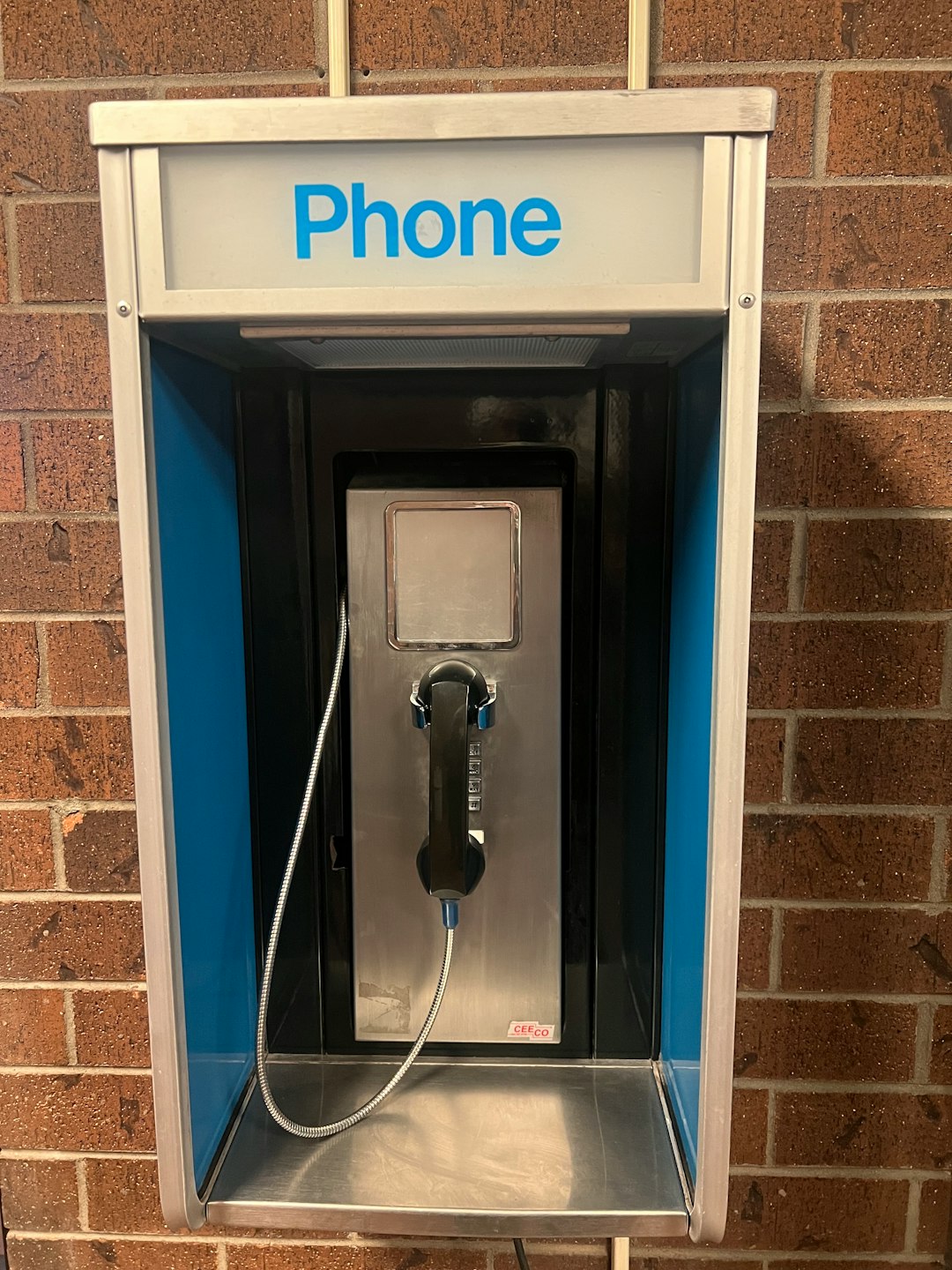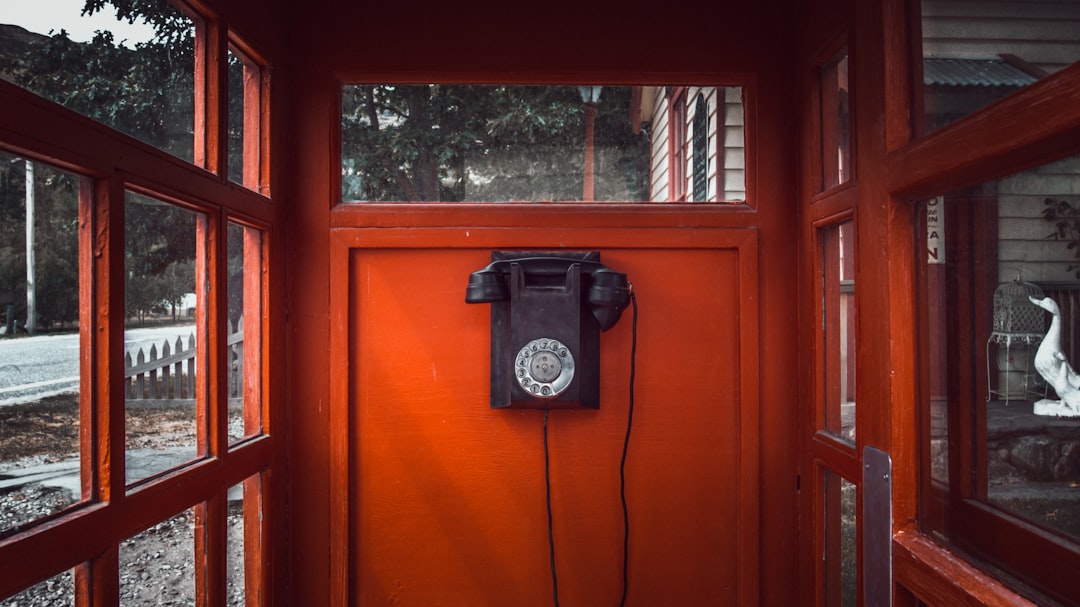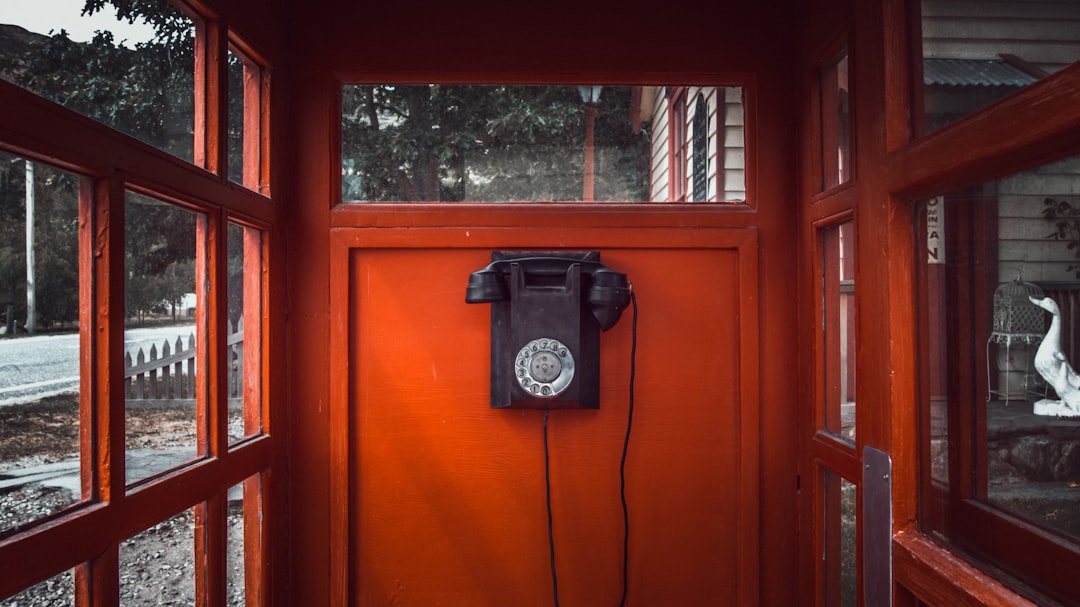Minnesota has implemented robocall laws to protect residents from deceptive automated phone marketing, with regulations on consent, call restrictions, and penalties for violations. To combat robocalls, individuals can register their numbers on the National Do Not Call Registry, use call-blocking apps, and stay informed about local laws. The Federal Communications Commission (FCC) regulates robocalls nationwide, including in Minnesota, under the Telephone Consumer Protection Act (TCPA). Combating robocalls requires a collaborative approach: recognizing and reporting calls, documenting details, and utilizing reporting tools from state and federal agencies.
Tired of relentless robocalls in Minnesota? This guide equips you with the knowledge and tools to reclaim your phone lines. We’ll delve into the legal framework surrounding robocalls in the state, explore effective blocking strategies, and highlight the FCC’s role in combating these automated intruders. Learn how to report robocalls, empowering yourself to take action against pesky calls. Discover simple steps to protect your privacy and silence unwanted interruptions once and for all.
Understanding Robocalls and Their Legal Framework in Minnesota

Robocalls, automated phone calls delivered en masse, have become a pervasive and often unwanted nuisance across Minnesota, as in many other states. While they can promote legitimate businesses and services, robocalls are frequently associated with telemarketing scams, fraudulent activities, and privacy invasions. The sheer volume of these calls has prompted the state of Minnesota to implement specific robocall laws to protect residents from unwanted and deceptive practices.
These laws provide a framework for regulating automated phone marketing, including requirements for obtaining consumer consent before placing robocalls, restrictions on certain types of calls, and penalties for violations. Understanding these regulations is crucial in mitigating the impact of robocalls and ensuring compliance with legal standards designed to safeguard Minnesota residents from fraudulent or nuisance calls.
Effective Strategies to Block Automated Phone Calls

To effectively block automated phone calls, or robocalls, in Minnesota, individuals can employ several strategic measures. One powerful tool is registering your number on the National Do Not Call Registry. This federal list restricts telemarketers from calling registered numbers, providing a foundational layer of protection. Furthermore, utilizing call-blocking apps specifically designed to identify and block robocalls can significantly reduce unwanted calls. These applications learn and adapt to new patterns, ensuring continuous effectiveness against evolving automated call technologies.
In addition to these digital solutions, staying informed about local robocall laws in Minnesota is essential. The state has implemented specific regulations targeting telemarketing practices, offering residents additional safeguards. Consumers should familiarize themselves with these laws, which include provisions for fines and penalties against unauthorized or harassing calls. By combining technological tools with legal awareness, Minnesotans can take proactive steps to mitigate the nuisance of robocalls.
The Role of the Federal Communications Commission (FCC)

The Federal Communications Commission (FCC) plays a crucial role in regulating and mitigating robocalls across the United States, including Minnesota. Established by the Communications Act of 1934, the FCC is tasked with ensuring fair and orderly communication, which includes protecting consumers from unwanted phone calls. In response to the growing issue of robocalls, the FCC has implemented several measures under the Telephone Consumer Protection Act (TCPA). These include rules that require telemarketers to obtain prior consent before calling residential phones and provide detailed records of their calls.
The FCC’s authority extends to enforcing robocall laws in Minnesota and across the nation. Consumers can file complaints with the FCC, which investigates violations and imposes penalties on violators. The agency also collaborates with state attorneys general and other law enforcement entities to combat scam artists and prevent fraudulent robocalls. By strengthening and enforcing these regulations, the FCC aims to reduce the number of unwanted calls and protect Minnesota residents from potential scams.
Taking Action: Steps to Report Robocalls in Minnesota

In Minnesota, taking action against robocalls is a collective effort that involves both individual responsibility and legal measures. The first step to stopping robocalls is to recognize and report them. When a robocall is received, several actions can be taken immediately. First, hang up on the call swiftly to cut off any potential data transmission from the caller. Then, document the incident by noting the phone number, time, and date of the call. This information becomes crucial when reporting the robocall.
Reporting robocalls is a powerful way to combat this nuisance. Residents of Minnesota can file complaints with the state’s public utilities commission, which has specific guidelines for handling robocalls in accordance with local robocall laws. Additionally, using tools provided by federal agencies like the Federal Trade Commission (FTC) can help block future calls from known robocallers. By combining individual efforts and leveraging legal frameworks, Minnesotans can quickly reduce the number of unwanted robocalls they receive.






